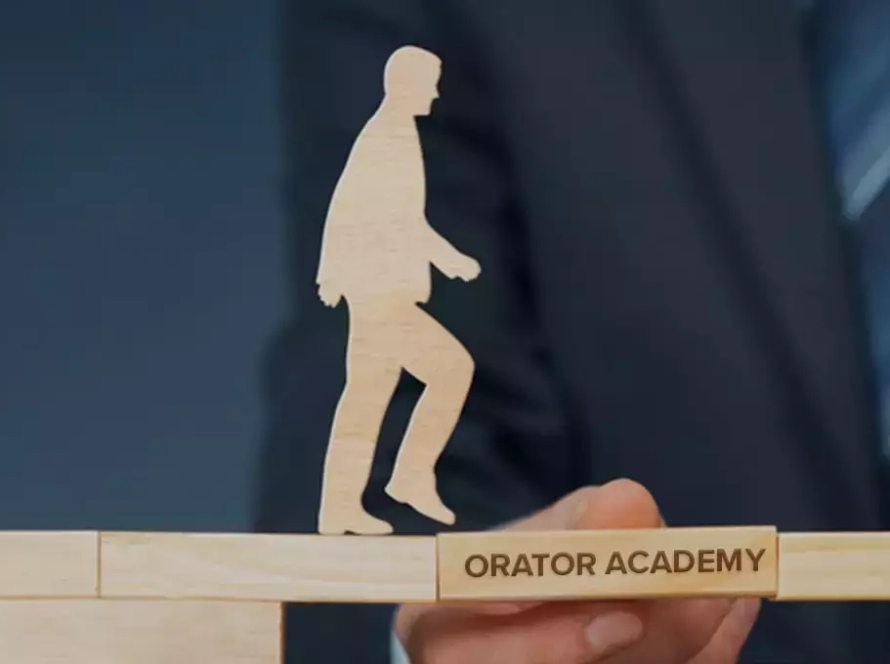From fresh candidates to industry experts, interviews are an inevitable part of the industrial cycle. You start as an interviewee, and after appearing for different interviews several times, you make it to the other side of the table as the interviewer. But to make it to the other side of the table, it is important to ace the interviews you appear for in the early stages of your career.
For these purposes, interview skill training is very important, especially for freshers.
In this article, we will focus on some major aspects of interviewing, like building a resume, working on and developing interpersonal skills, managing time, and dealing with nervousness or anxiety during interviews.
Hence, here are 10 tips on interview skill training to help you ace your interviews!
-
Build a diverse CV:
Building a CV is an important aspect of interviewing. An impressive resume is essential to put your best foot ahead. It is advised that one starts building their CV early on. Keep adding experiences at internships, skill development programs, and other courses relevant to your field.
This will make your CV unique and noticeable. Also, make sure to make your CV detailed yet crisp. Manage your details in a way that the interviewers do not need to sort through a lot to find what they need.
Do not make your CV several pages long. Only add details that are needed to show your qualifications and skills. Sites that offer interview skill training can help you in building a CV.
-
Research:
Being up to date before an interview is very important. Researching can help you do that efficiently. There are 2 main fields that you need to research:
-
Your field:
You should know all technicalities and recent developments relevant to your field. The major or revolutionary ones, at least. It shows your interest in the field and that your expertise is not just related to academic or technical knowledge. It also shows that you know what is happening around your field.
-
Your target employer companies:
Before applying to any company, make sure that you know what the company stands for, its status in the market, etc. The basic details, like who the CEO is and what is the company’s vision, are all available on the website. Read all of that. Researching the company, you applied for shows the employer your interest and will to join them.
-
Introspect and know yourself:
Questions related to your personality, strengths, weaknesses, skills, and attributes will be asked in all interviews. It is important to know yourself from every aspect. Not just your qualities and skills but also your shortcomings. Be genuine. When asked about your weaknesses, answer honestly. Talk in a way that you assure them that your weakness will not be a hindrance to the results you produce.
While talking about your strengths as well, try not to exaggerate them. Keep it to the point and crisp. This applies to all answers.
-
Practice and rehearse:
When asked questions like why you think you are the best candidate, or what makes you stand out among others, etc., it is natural to be a bit nervous. But for that, prepare yourself beforehand. Have all these answers ready since these questions will be asked in any interview. Prepare yourself by practicing with someone experienced or by yourself.
With each attempt, you will notice that you are fixating on some points and can articulate things in a better way. Record your answers. Rectify the mistakes and repeat the process until you are satisfied with your answers.
-
Be confident and alert:
The most important part of interview skill training is confidence in speech. There may be some questions that put you in a difficult position. It is obvious that one gets nervous. But do not sound underconfident or clueless. Take some time before answering. Think before you say anything. Sometimes, hints about the answer are in the question itself. Hence, listen to the question attentively.
Even if you cannot find a diplomatic approach, keep your opinion on the table in a way that you sound convincing, yet polite. You can use phrases like “In my (humble) opinion” or “It is my view that.” This will ensure that neither you sound underconfident nor do you sound too arrogant.
-
Know your interviewers:
If you can, get the details of who will be interviewing you. Knowing them will help you target and frame your answers accordingly. Of course, do not alter your opinions or say something you do not believe in. But, try to stay on the same side as them if possible. Look at their LinkedIn profiles to know about their position and interests. It is good to research and help you build a rapport with them.
-
Be presentable:
While going for any interview it is important to dress well. It is important that you do not overdress. However, try not to make it look too informal. Your seriousness and professionalism will be judged by your dressing sense even before you start answering questions. How you dress in a professional setting says a lot about your personality.
Do not wear anything uncomfortable that will distract you. Wear something decent and comfortable so that you do not have to concentrate on how your outfit is looking while answering.
-
Be punctual and relax:
It is very important to respect the interviewer’s time. Reach the venue 15 to 20 mins beforehand so that you are on time. To avoid a last-minute hurry, decide on your outfit and keep your belongings ready the night before. You do not want to be late because you could not decide on an outfit or forgot to print your CV.
Arriving at the venue early is also helpful in calming last-minute nerves. Give yourself time to adjust to the surroundings since there will be a sense of tension in the air. Have some time for yourself and calm down before you go in.
While answering as well, do not include too many unnecessary details or take the interviewer’s time. They have many candidates to interview and may get irritated if you make your answers very long.
-
Have your questions ready:
Visit the company profile and take a look at all that the company does. Frame your questions for the interviewers around that information. Do not ask what you already know or what is mentioned on the website. Ask questions related to the work culture and try to get more information about what is there on the website.
Say phrases like “I saw this section on your website and I wanted to know if-” It shows that you have prepared well and have done thorough research about the company.
Do not appear clueless or say “No” when asked if you have any questions. Show your interest and curiosity professionally.
-
End on a positive note:
Make it known that you are looking forward to hearing from them. End the interview on a good note by shaking hands or saying something pleasant. Many people just walk out the door without any closing sentence. Make sure you say something positive about yourself while concluding. Let them talk about you for a minute after you leave.
Conclusion:
These were 10 important tips to remember while preparing for an interview. Many experts provide excellent interview skill training like Orator academy. You can refer to them and crack your interviews easily!

